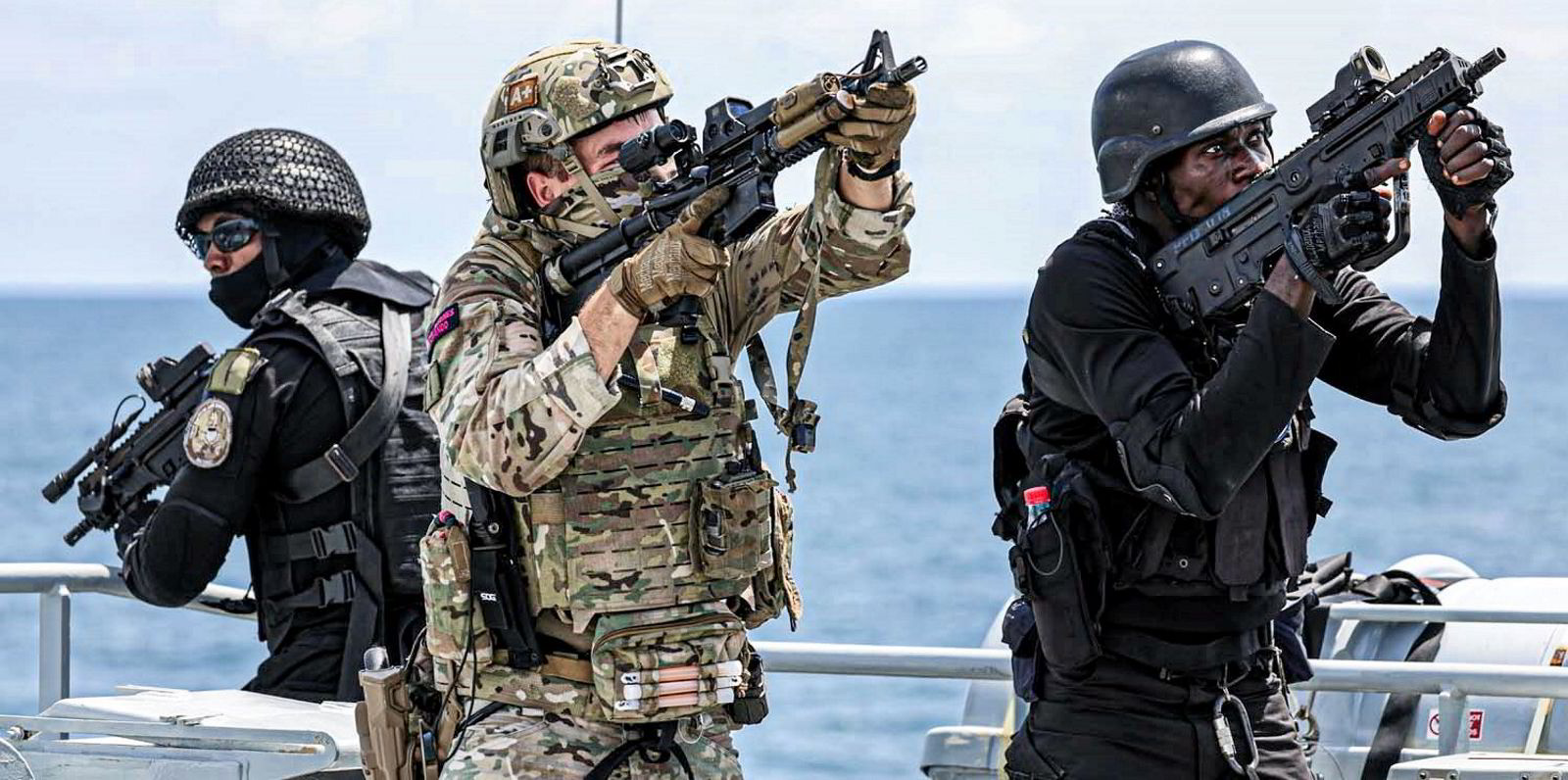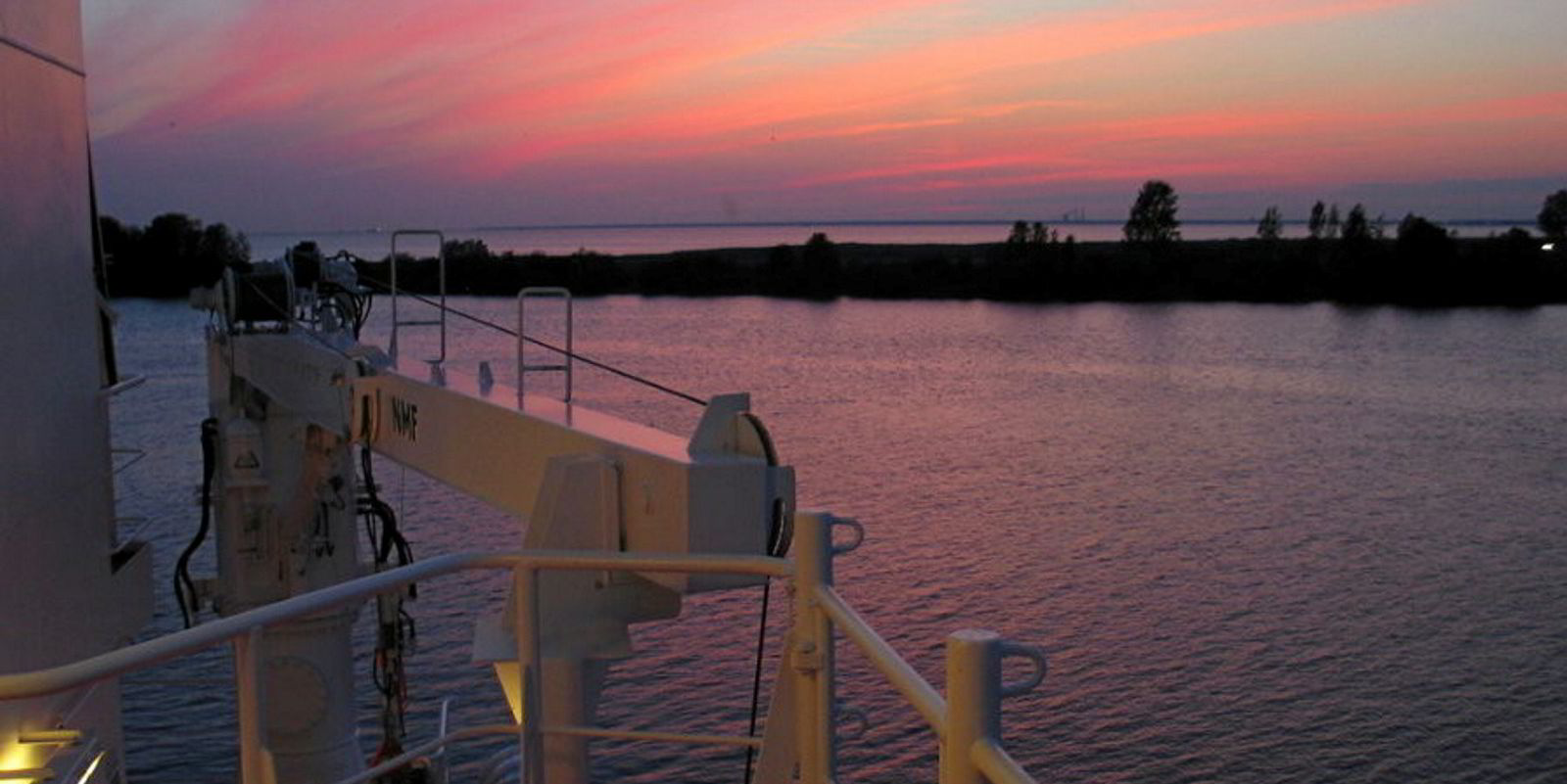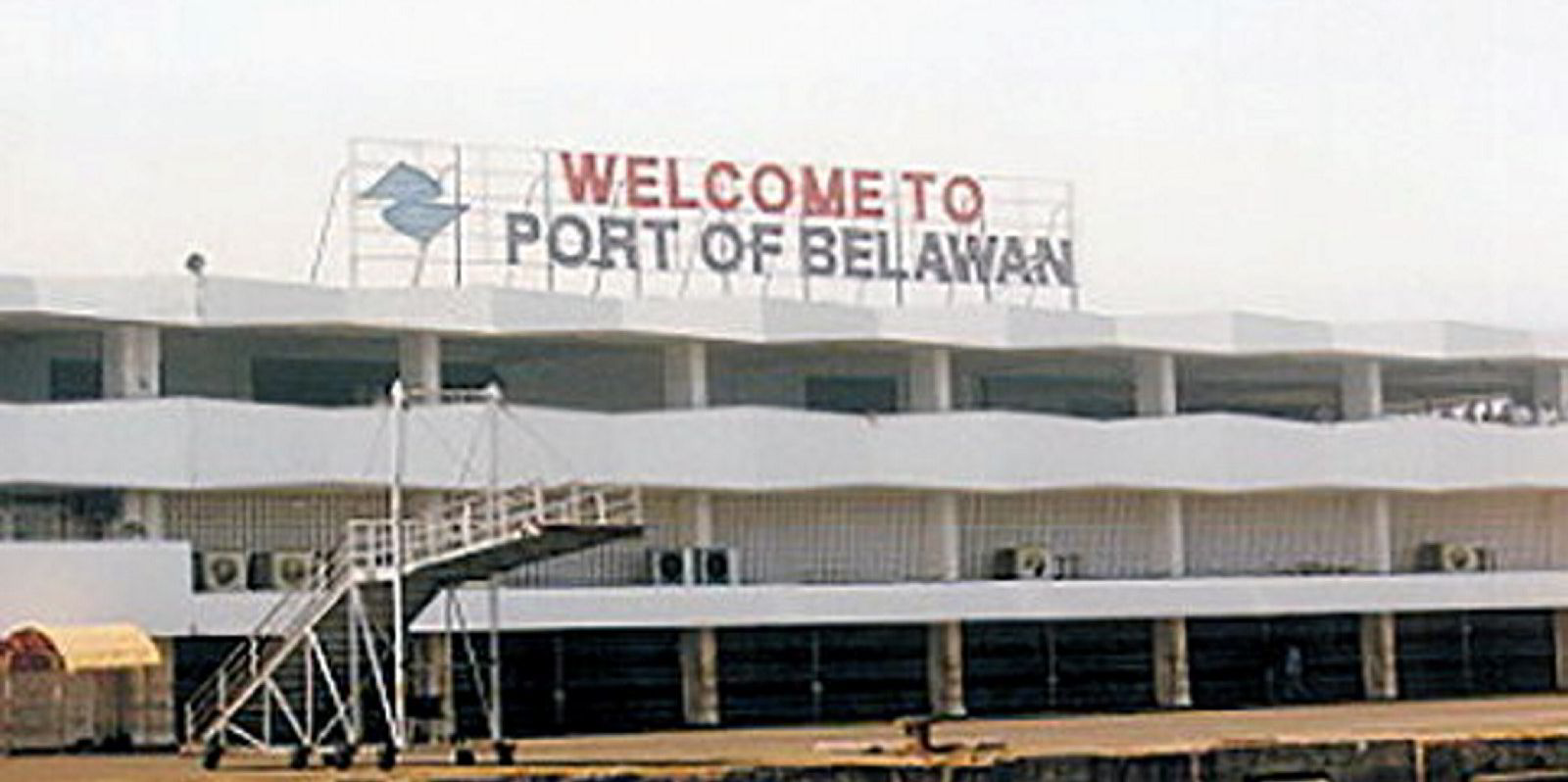Global piracy has hit a 30-year low, while the Gulf of Guinea has cooled down, the International Maritime Bureau (IMB) says.
In its quarterly report, the group counted 90 incidents worldwide in the first nine months of 2022. The number of incidents in the Gulf of Guinea — once considered the world’s piracy hotspot — fell to 13.
The global tally was the lowest since 1992, the IMB said.
“Though these are amongst the lowest reports in decades, violence to crew continues, with 27 crew taken hostage, six assaulted and five threatened,” it said. “The risk to the crew, however petty or opportunistic the incident, remains real.”
In the Gulf of Guinea, the IMB recorded 41 incidents of actual or attempted piracy in Nigerian waters in the first nine months of 2018, with five in neighbouring Benin and eight in nearby Ghana.
By 2022, those figures had fallen to zero in Nigeria and Benin and six in Ghana.
In total, 13 incidents were reported in the first nine months of the year in the Gulf of Guinea, versus 27 last year.
The IMB commended littoral states for their commitment to battling piracy, the most high-profile of which came from Nigeria and its $195m Deep Blue Project.
The initiative includes hundreds of personnel and dozens of vessels and aircraft deployed to fight crime in the country’s coastal and inland waterways.
The IMB did record an uptick in incidents in the Singapore Strait, with 31 to September, up from 21 a year ago.
In many cases, incidents involved vessels underway, including large vessels, being boarded by armed intruders who stole ship stores or property.
IMB director Michael Howlett described these as “low-level opportunistic crimes”.
“Littoral states are requested to increase patrols in what is a strategically important waterway for the shipping industry and for global trade,” he said of the Singapore Strait.





